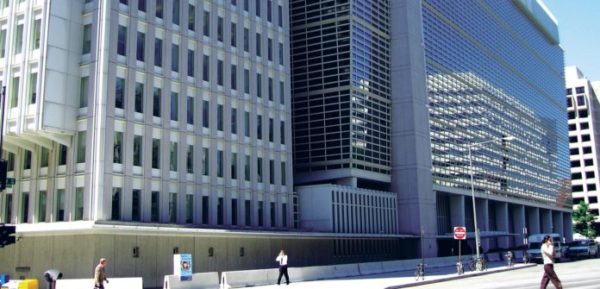The IFC, a subsidiary of the World Bank in charge of the private sector, is the subject of a claim for environmental damage in an Indian project of energy plant that it has financed to the tune of 450 million dollars. The complaint was declared admissible on 27 February 2919 by the United States Supreme Court, which constitutes case law.
Because until then, the World Bank and its dependencies enjoyed a certain immunity allowing them to escape the caudine forks of the federal justice.
With this decision, is the WB now subject to accountability? This is the opinion in any case of Senegalese Papa Demba Thiam, a former World Bank executive: “US-based international organizations do not enjoy immunity when they are involved in commercial operations.”
The Court’s decision de facto extends US justice to all US-based multilateral agencies with the notable exception of the IMF and the UN.
It should be remembered that under one of its 1945 provisions, the American federal law devoted the same treatment to foreign countries in favor of these international organizations. A 1976 amendment restricted this immunity by declaring that a foreign government involved in commercial operations in the United States did not benefit from it. It should be noted that this amendment did not mention international organizations.
An oblivion now corrected? In any case the decision of the US Supreme Court was on the menu of a crisis meeting convened yesterday, February 27, 2019, by the legal department of the World Bank.



